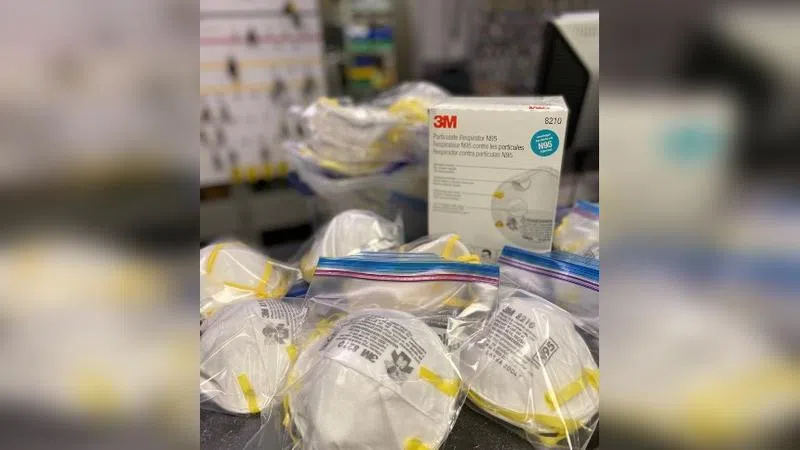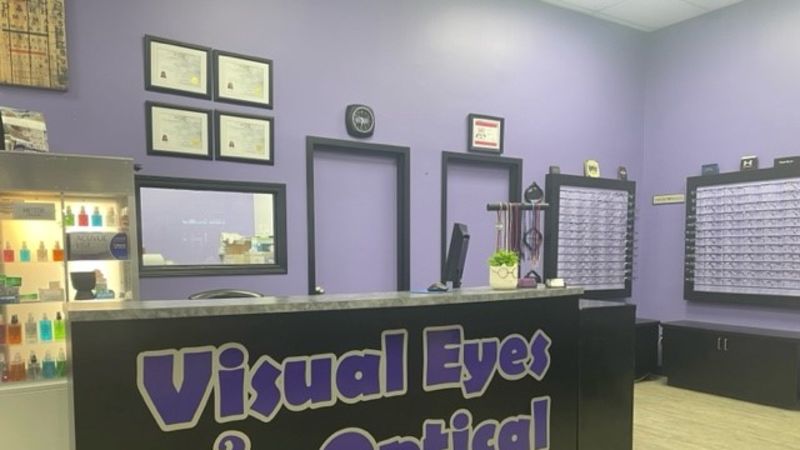
VIDO-Intervac to sterilize used N-95 masks for re-use, establishing emergency supply
As the world faces supply issues for N-95 medical-grade respirator masks in the middle of the COVID-19 pandemic, the Saskatchewan Health Authority and University of Saskatchewan are striking a deal to create an emergency supply out of masks already in the province.
The Vaccine and Infectious Disease Organization-International Vaccine Centre (VIDO-Intervac) is about to start taking used N-95s and sterilizing them for re-use.
Dr. Volker Gerdts told reporters Thursday afternoon that they’ll be using the same process the virus lab utilizes to sanitize their own rooms and equipment of viral material. It involves a vaporized hydrogen peroxide.
“This is a critical initiative that we hope will save lives and protect our healthcare providers,” he said.


